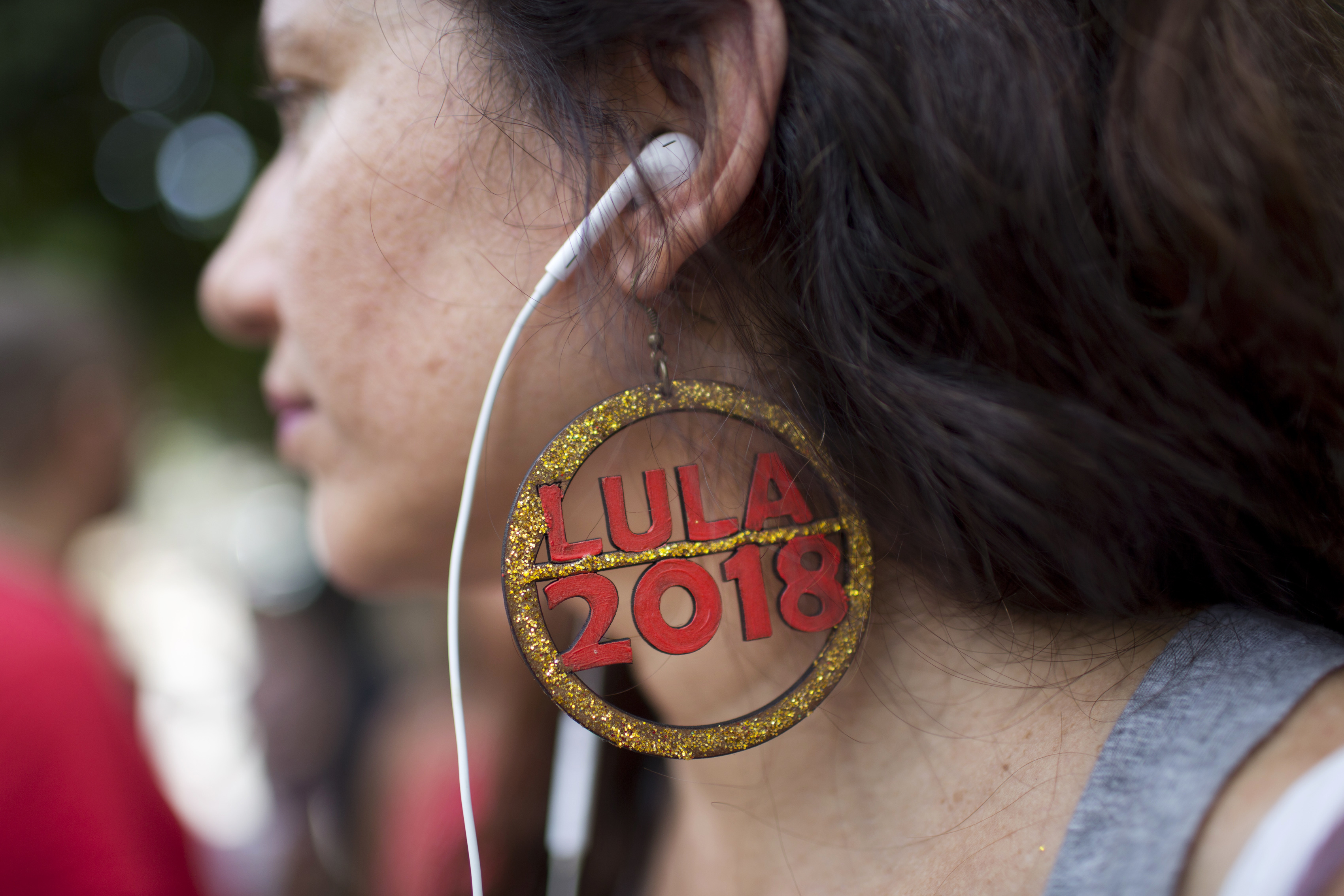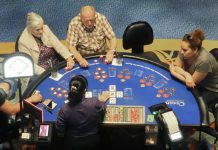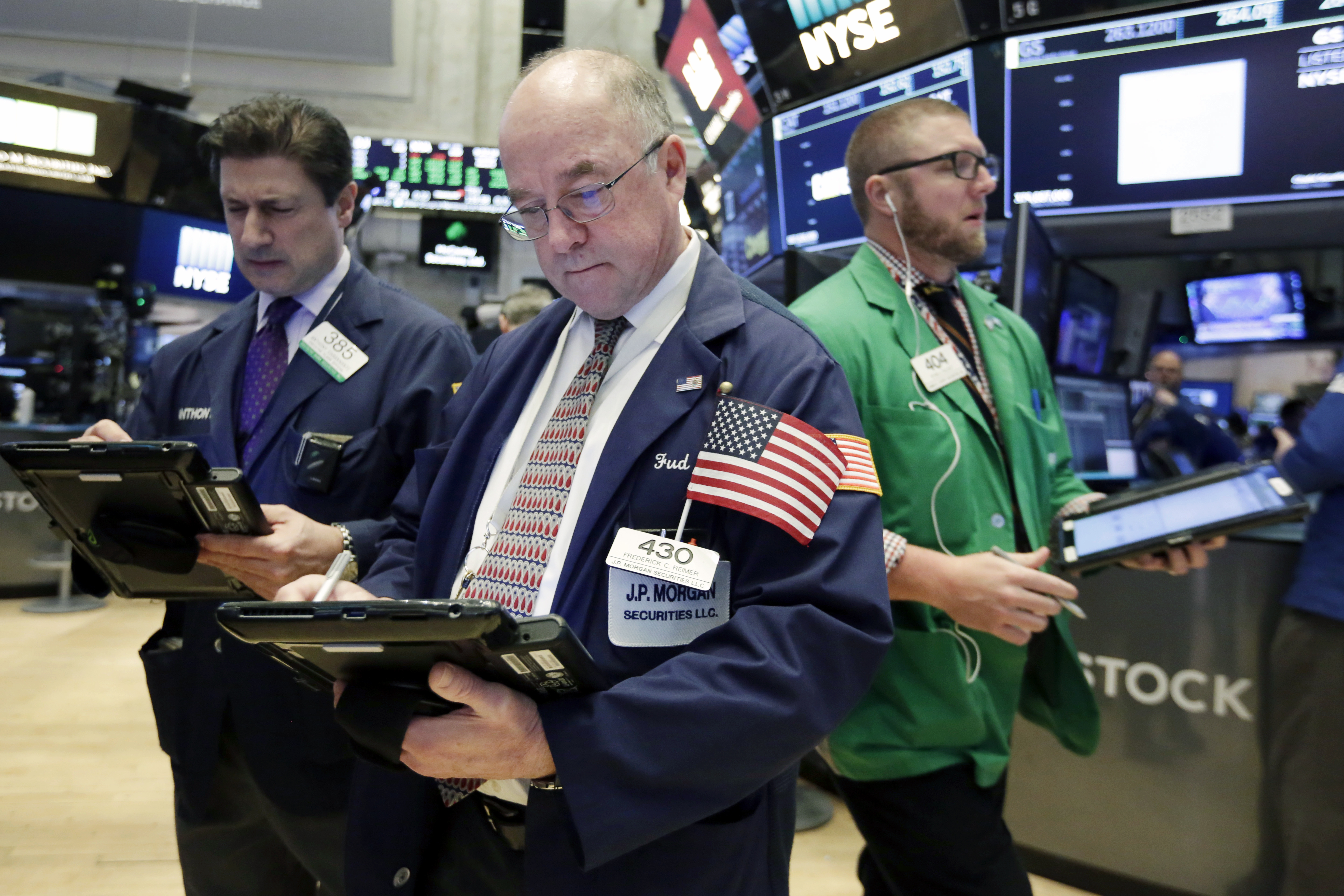
By STAN CHOE
AP Business Writer
NEW YORK (AP) — All politics may be local, but investors around the world still need to care about them. There are high-stakes elections on the calendar this year beyond the midterm elections for the United States, including several across emerging markets, stretching from South America to Asia. Regardless of how the results pan out, emerging-market stock and bond funds may swing widely in the interim following their stellar and nearly uniformly upward ride in 2017.
Higher highs and lower lows are nothing new for emerging-market funds, which invest in stocks and bonds from China, Brazil and other developing countries. These economies are growing at a faster pace than the developed world, which can mean bigger profit possibilities for their companies and higher yields for their bonds. They also have a history of crashing more than the U.S. market when trouble strikes, such as during the 2008 financial crisis.
Many investors, though, may have taken their first step into emerging markets recently and experienced only the good times. Last year was an exceptional one, and emerging-market stock funds returned an average of 34 percent. That towered over the roughly 22 percent return for S&P 500 index funds. The eye-popping figures helped convince investors to pour more than $50 billion into emerging-market stock funds during 2017, just two years after they pulled more money out of such funds than they put in, according to Morningstar.
Those investors got a reminder of the potential volatility in recent weeks, when emerging-market stock funds lost just as much as S&P 500 index funds during the sell-off in late January and early February, even though the trigger for the market’s fear was an economic report out of the United States. For this year, much attention is on elections coming up in Brazil and Mexico, which are two of the larger components of many emerging-market funds.
Together, they make up about 10 percent of the MSCI Emerging Markets index. In Mexico, the front-runner in the July election for president is Andres Manuel Lopez Obrador. Some
investors worry that a Lopez Obrador victory could lead to a rollback of market-friendly policies or of more acrimonious negotiations for the North American Free Trade Agreement.
Concerns are also high that Brazil’s presidential election could hinder efforts to reform the country’s pension system and make other fiscal changes. Brazil only recently emerged from a punishing recession. Investors have gone back and forth in recent years on whether it’s worth caring about politics. Last year, the answer seemed to be “no,” as markets registered only minor hiccups when Catalonia declared independence from Spain and rhetoric got heated between nuclear-armed North Korea and the United States.
The year before that, though, politics mattered when the United Kingdom’s vote to leave the
European Union shook markets around the world. Even with the increased possibility of election-related turbulence, many fund managers say they remain optimistic about the prospects for emerging markets. Emerging economies are in better fiscal shape than they were before prior downturns, and their stock and bond markets are typically less expensive than markets in the United States. U.S. markets have led the world for years, which has many investors calling foreign markets more attractively priced.
Plus, the gap between the developed and emerging worlds may be slimming when it comes to how much of a risk politics can play. In the United States and elsewhere in the developed world, one of the main causes for anger is the growing inequality between the rich and everyone else. In the emerging world, the opposite is happening, said Samy Muaddi, portfolio manager at T. Rowe Price. Middle classes are expanding in many emerging markets, with wages rising and more people owning property.
“Our expectation is for pockets of volatility on an idiosyncratic basis around these events, rather than a wholesale sea change of volatility,” said Ben Robins, portfolio specialist at T. Rowe Price. Some fund managers have already made moves based on similar expectations.
“What really surprises markets is uncertainty, things we don’t know anything about,” said Rick Schmidt, portfolio manager at Harding Loevner. “With elections, we know they’re coming. We don’t know the outcome, we don’t know what’s going to happen with NAFTA, but a lot of that risk has already been factored into the market.”
He pared back on his investments in Mexico last year, for example. And if the election does lead to a drop in prices, he said he’s more likely to see that as a buying opportunity.
“There’s always volatility, that’s what emerging markets is about,” Schmidt said. “We don’t try to predict it, but we love to try to react to it when it happens, because we have a whole roster of businesses that we’d love to own at better prices.”



















